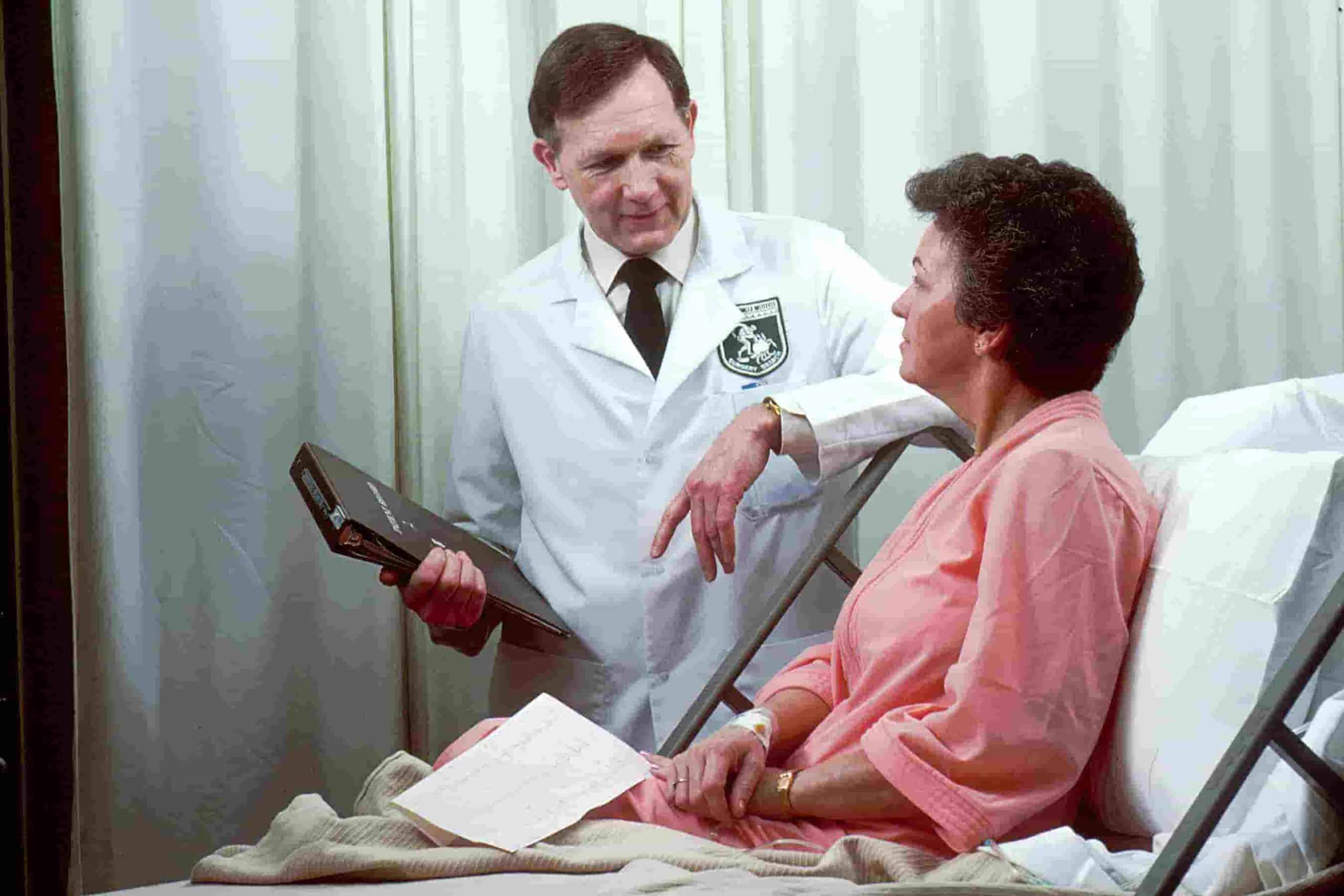
There are a variety of reasons for which someone could file a medical malpractice claim. Most of them have to do with negligent actions taken by a healthcare provider while a patient is directly under their care. However, you may be able to pursue recovery under certain conditions for damages caused by a lack of care—or more specifically, your doctor releasing you from care too early.
Like any other malpractice claim, specific elements must be present for you to have a valid case after being sent home too early after an operation. A qualified medical malpractice attorney could help examine the circumstances that led to you being harmed and determine your available legal options.
Common Forms of Early-Release Malpractice
For adults, the most common way in which an early release from the hospital constitutes malpractice is if the doctor fails to sufficiently screen a patient for post-surgery infection. If an incision location is not properly cleaned and monitored in the hours and days following an operation, an ensuing infection could cause intense pain. Sometimes it can be even worse than the condition that the surgery was meant to address.
It is also unfortunately common for infants to be released from hospital care too soon after being born, potentially with catastrophic consequences. According to recommendations by the American Academy of Pediatrics, all newborns should be kept in a hospital setting for at least 48 hours of observation after being born. Doctors should check for 16 health indicators—such as two successful feedings and various physical and familial assessments—before releasing a child from the hospital. Any failure by a doctor to meet these recommendations before discharging a newborn (and their mother) could be grounds for a malpractice suit.
Proving Liability by a Healthcare Provider
There are two elements needed to prove that a doctor committed malpractice by discharging a patient too early, each of which are consistent with the criteria for other types of malpractice cases. First, it must be shown that the doctor failed to do something that a reasonable professional in their situation would have done. Depending on the circumstances, early-release malpractice could involve a doctor failing to perform diagnostic tests, failing to schedule a follow-up visit, or misdiagnosing a patient’s conditions.
Second, the patient seeking to file suit must show that they suffered harm as a direct result of their negligent early discharge. This means they must not only prove that they experienced a negative health effect, but that it was caused or exacerbated by their early release from inpatient care. Expert witness testimony may be key to proving both these elements in a typical case.
What If I Was Readmitted for Emergency Treatment?
Being readmitted to the hospital for a condition caused or exacerbated by a previous early discharge does not invalidate that patient’s grounds to file suit. Because both the injury and the negligent act that caused it occurred before that patient returned to the hospital, their readmittance would not have any impact on their right to file suit.
That being said, certain medical settings grant doctors a bit more leeway with regard to mistakes and misdiagnoses. For example, it may be harder to prove liability by physicians working in emergency room settings, given the hectic and stressful circumstances they usually work under.
Once retained, a knowledgeable medical malpractice attorney could help determine whether you have grounds for a case and guide you through the entire litigation process that follows.
